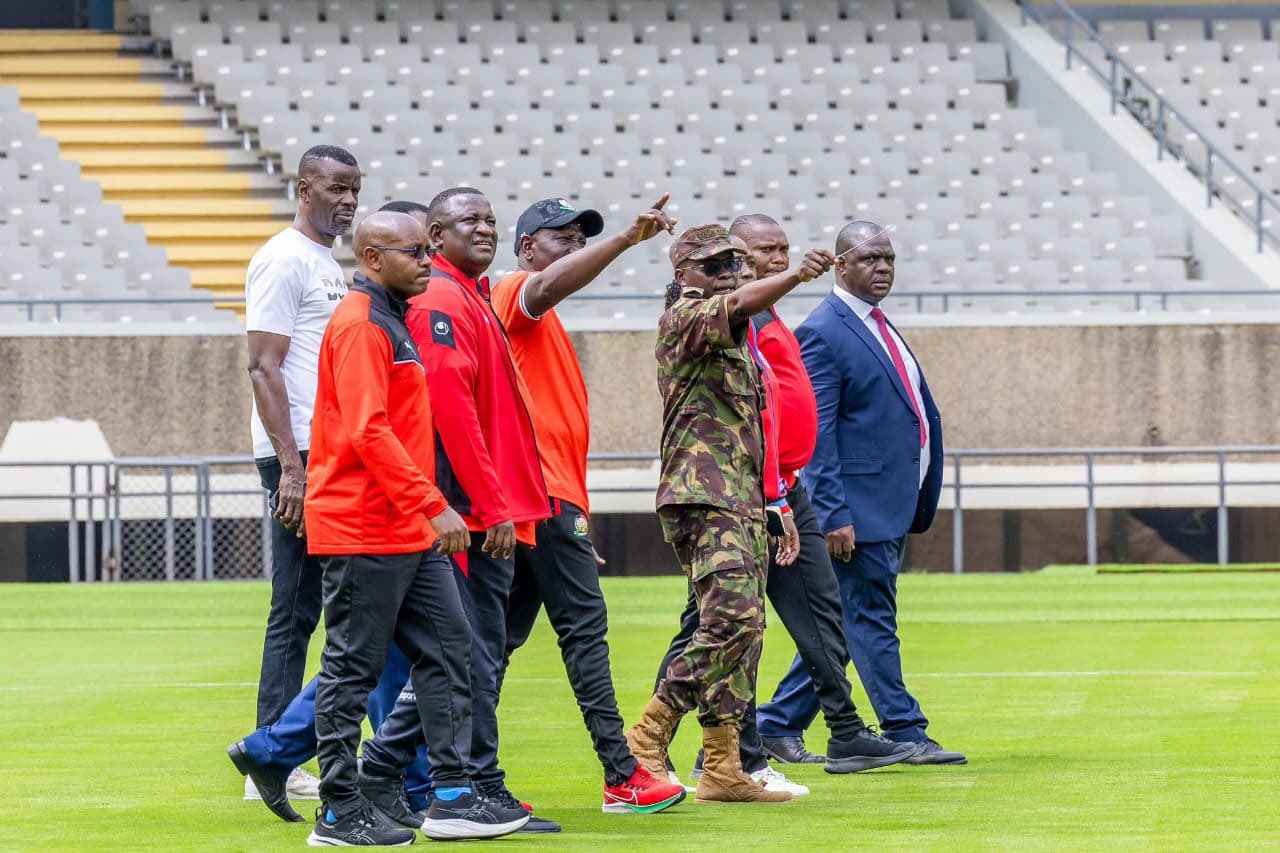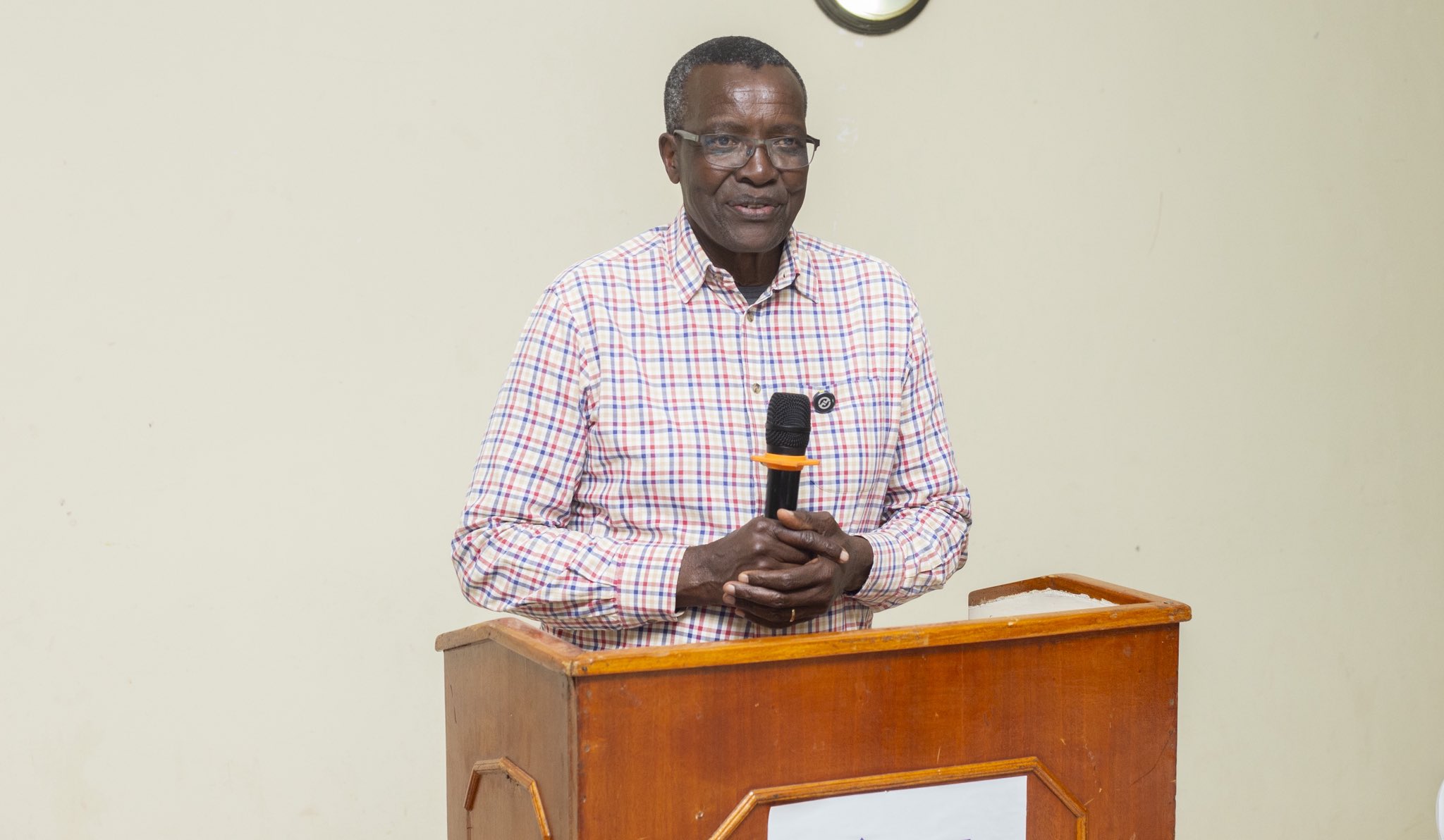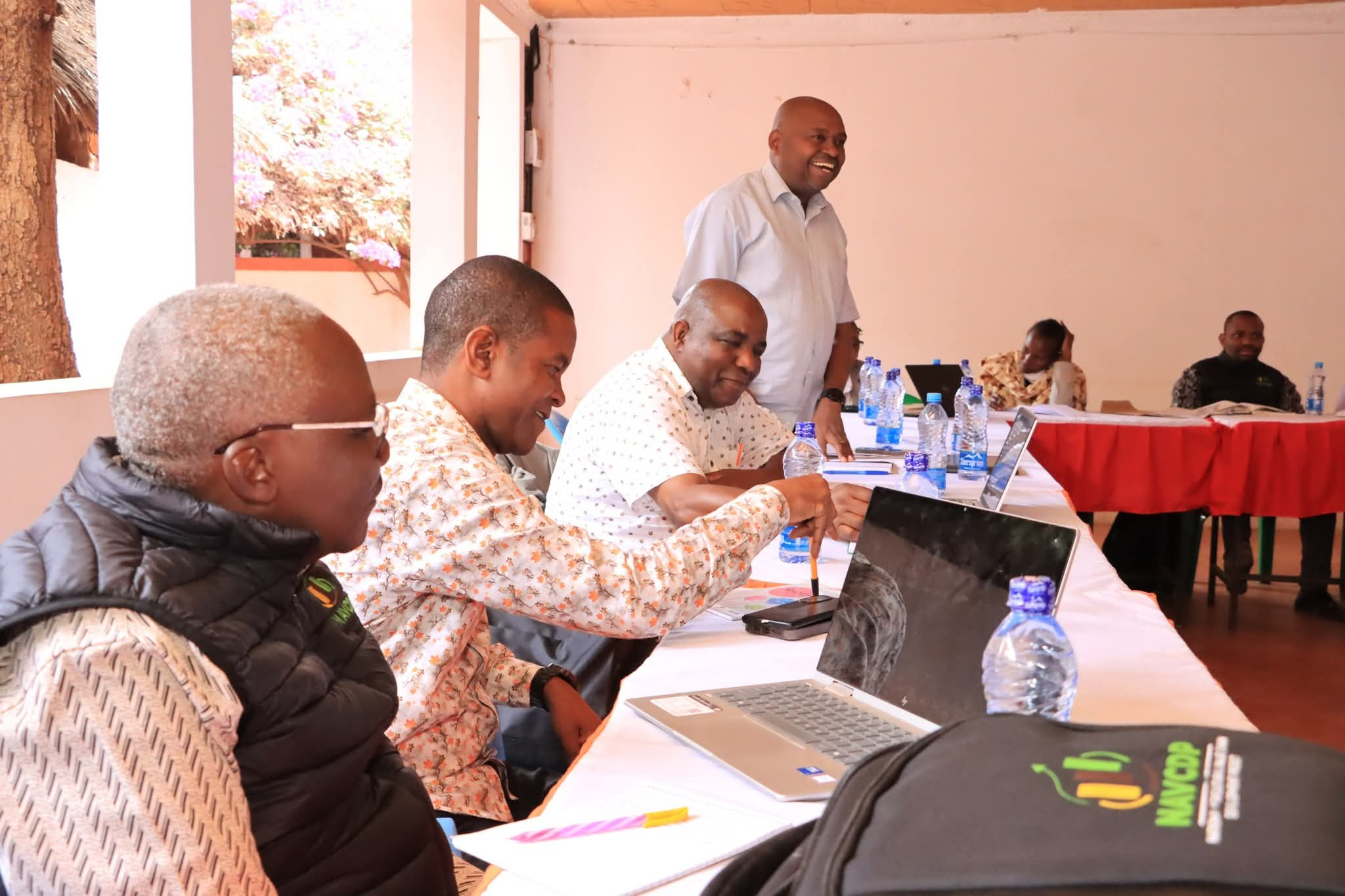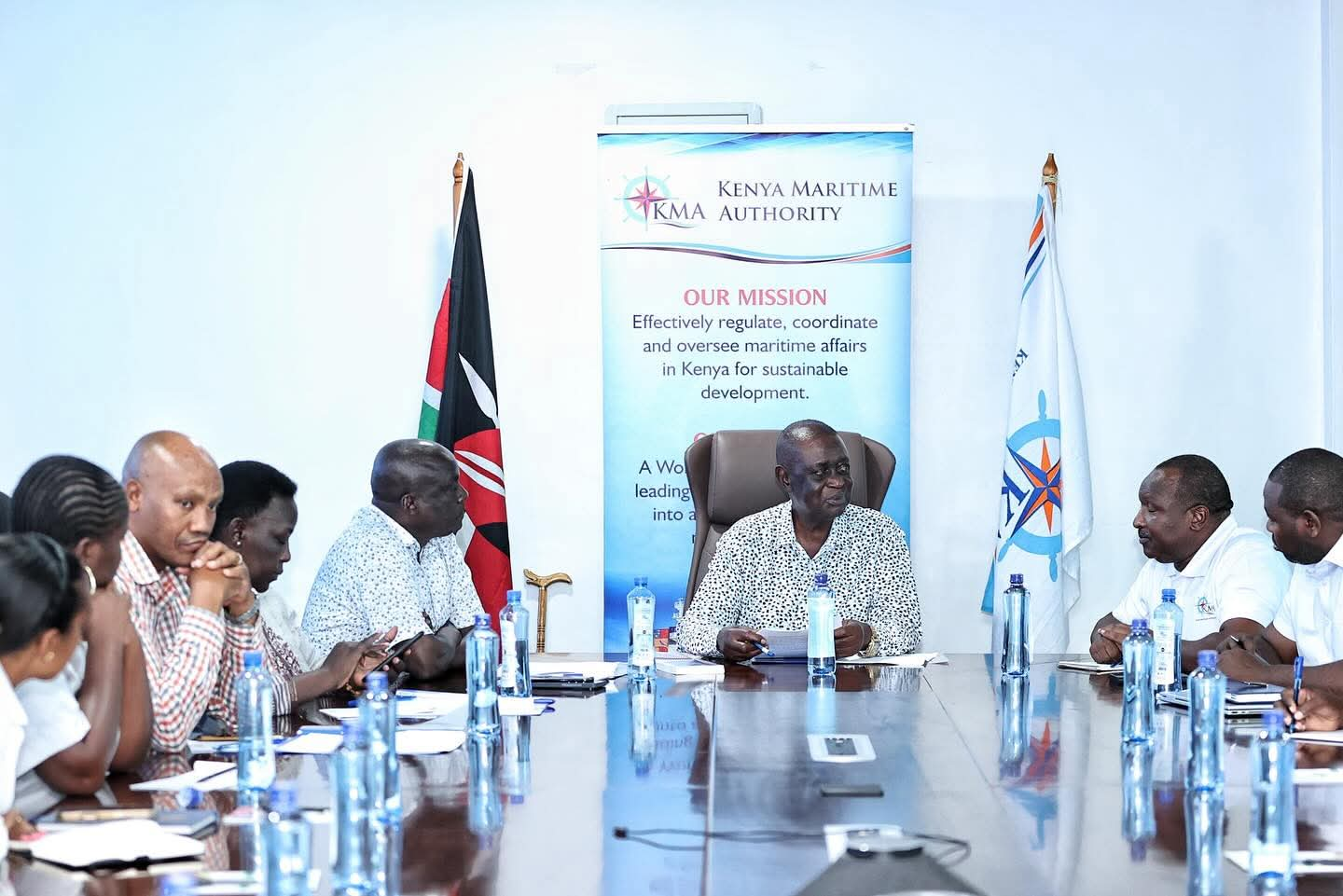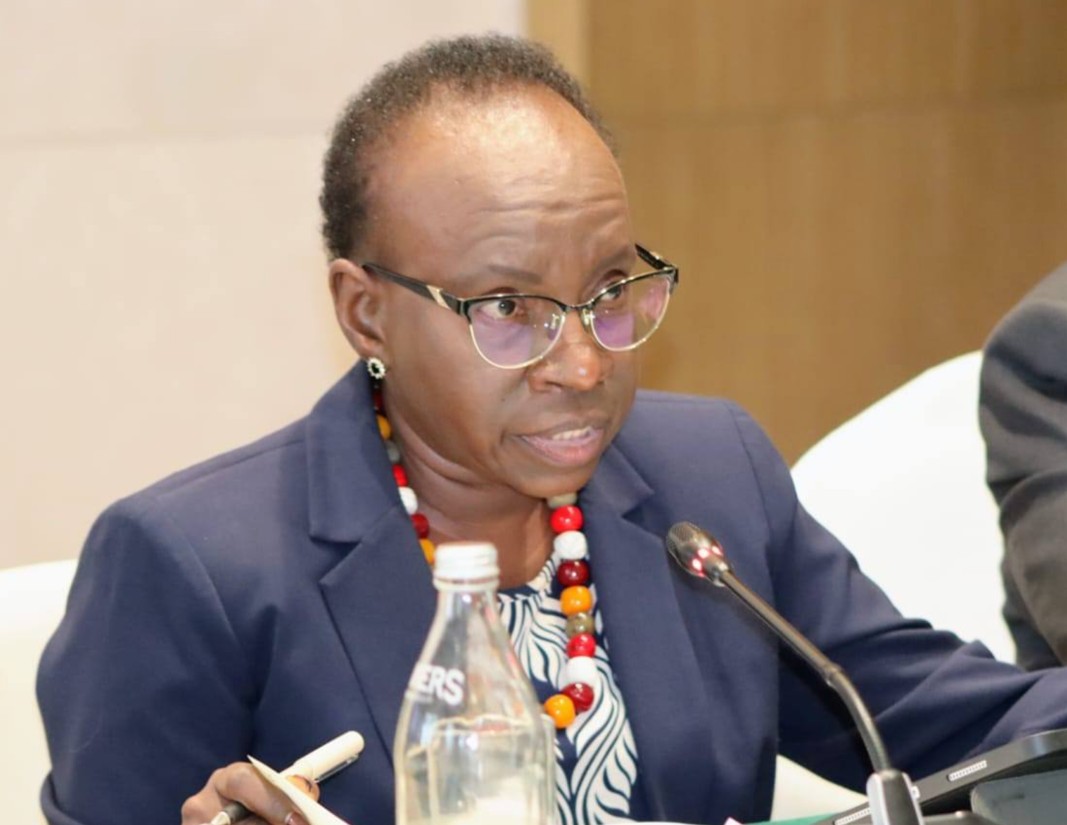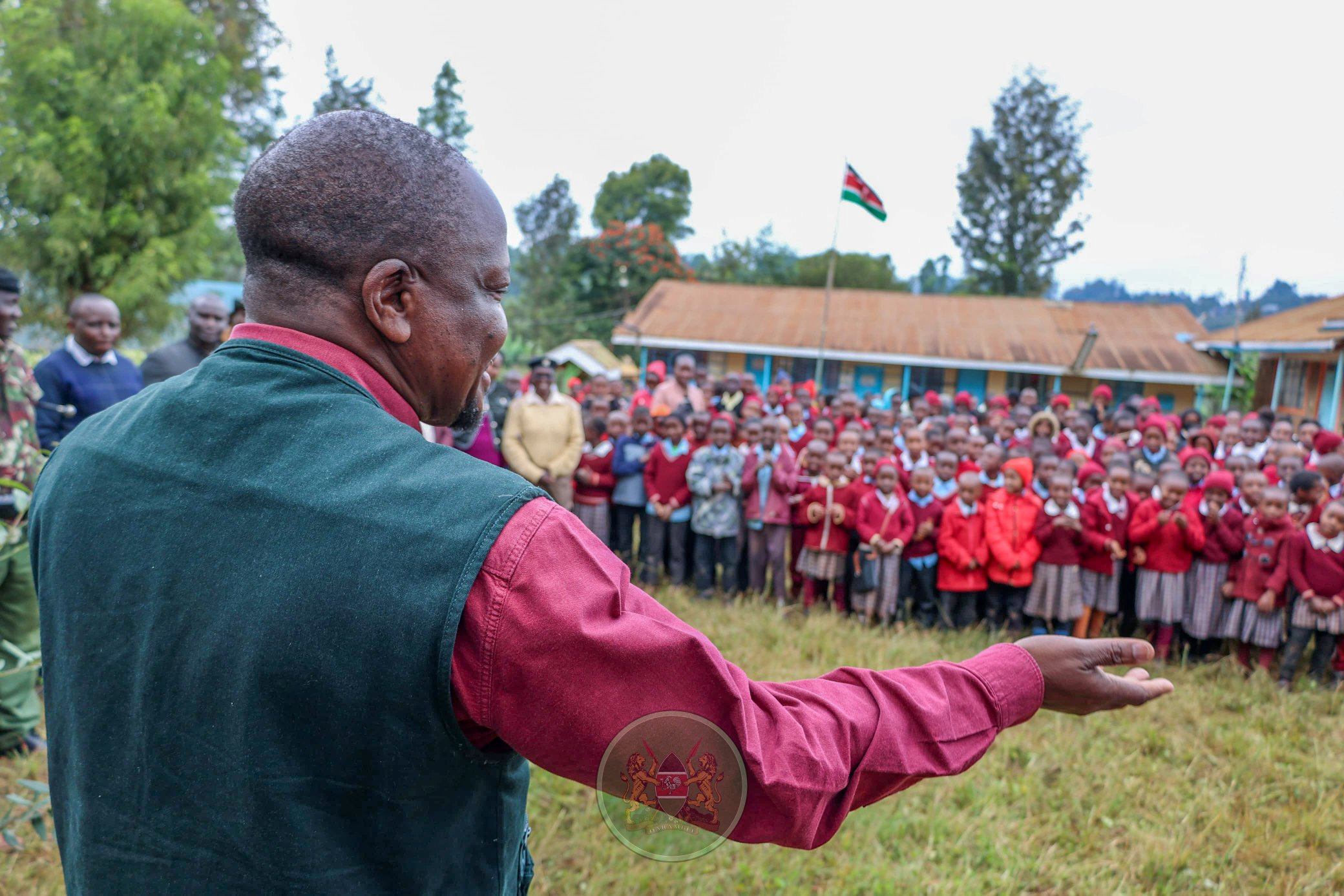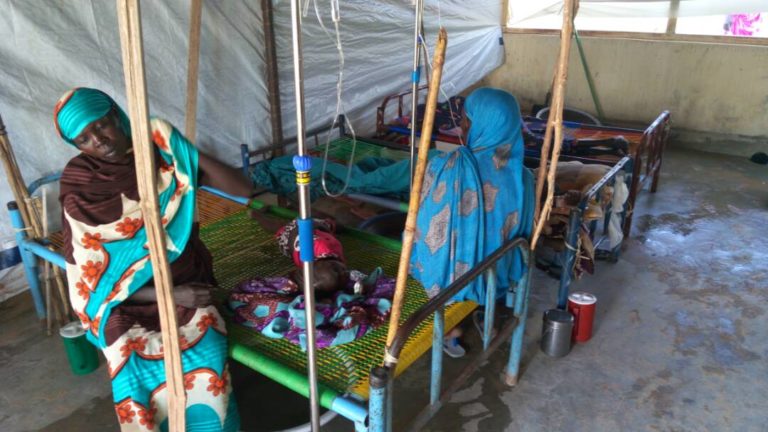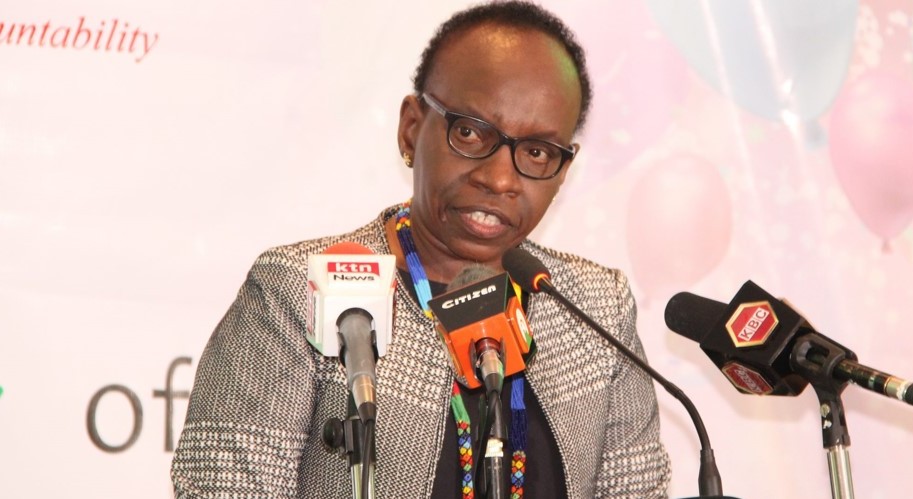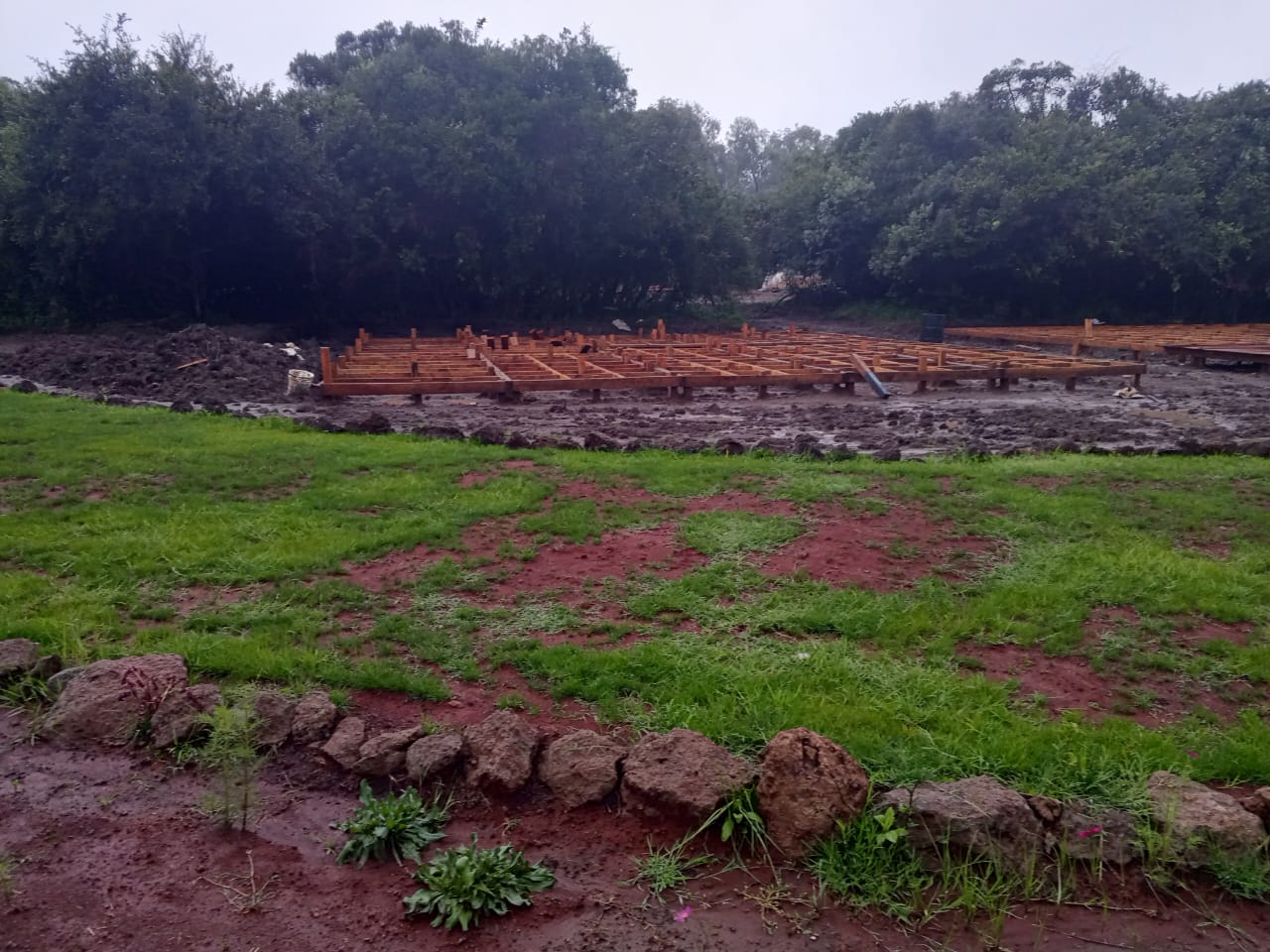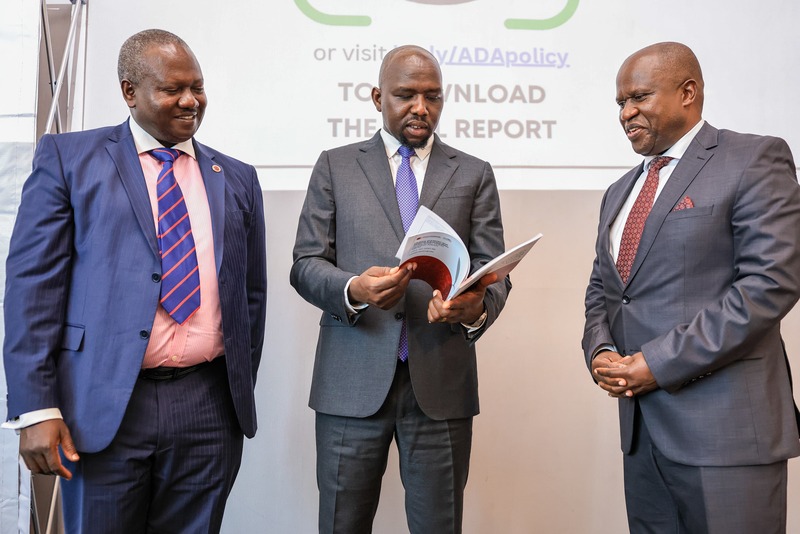How women in Kwale are transforming chamas into great companies
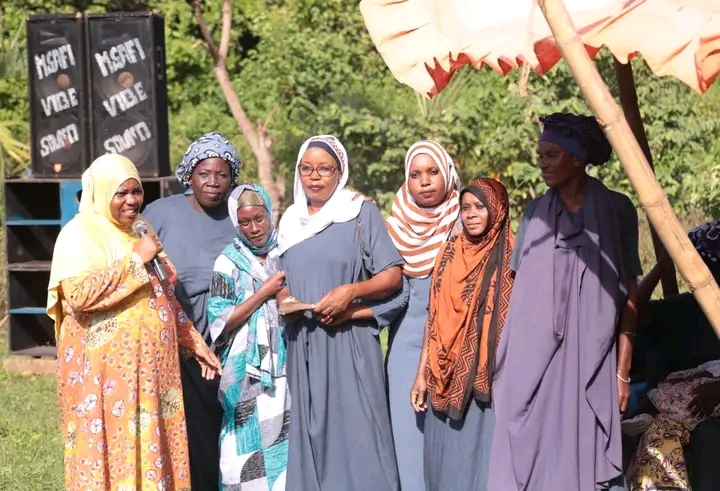
Saving groups or chamas have been a lifeline for many women in Kwale County, allowing them to educate their children, purchase property, and even start businesses.
For many years women have participated in chamas for financial stability. A chama is an informal cooperative society used to collect and invest savings.
Chama practices have evolved. In contrast to the past, when women would simply give money to one person or gather cash and distribute them at the end of the year, chamas have evolved to meet the needs of those who participate.
More To Read
- Mudavadi urges shift from harambees to cooperatives to shield economy from political shocks
- Farmers abandon Hustler Fund as CBK report shows shift to banks and digital loans
- Cooperative clean-up: Oparanya targets non-compliant societies in major sector reforms
- Oparanya suspends sacco registrations for 3 months as experts review governance laws
- 30 Saccos flagged over capital gaps by regulator
- Ghost shareholding, fake loans used to steal Sh82.3 million from Energy Sacco - report
Saving groups or chamas have been a lifeline for many women in Kwale County, allowing them to educate their children, purchase property, and even start businesses. Chamas or village savings and loans (VSL) groups in Kwale are now being upgraded to corporations to benefit from government and corporate bids.
Mwanahalima Kutengeza, treasurer of Nzonago VSL in the Vigurungani Kinango sub-county, stated they decided to transform their chamas into a company to increase profits.
"All of us are women of low-income operating small businesses. Before registering the chama into a company, we contributed Sh50 every evening after closing our businesses. We kept records of all the money we saved. Members were also allowed to take loans and repay before the end of the year where we would divide the money," she said.
Her group consists of 12 individuals. Kutengeza noted that over time, they realised that the money they were saving and dividing annually was insufficient to meet their needs, so they began to explore ways to grow their money.
"There have been several women empowerment programmes in the village. We got an idea to open a company from one of the empowerment programmes," she said.
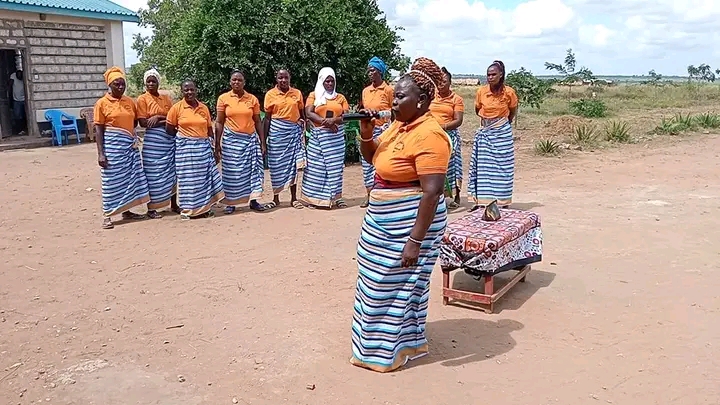 Doki Women Group from Vigurungani ward. Photo: Mishi Gongo, EV.
Doki Women Group from Vigurungani ward. Photo: Mishi Gongo, EV.
Last month, the women's group was awarded a Sh2.5 million contract to build restrooms at Ngeyeni Social Hall and renovate the Mwabila cattle dip.
Registering their chama as a company also required them to create a bank account, which they had never done.
"Most of us are school dropouts so we did not know much about these things. We used to save our money in a wooden locked box. But now we know the importance of having a bank account," she said.
With the chama over five years old, the women pride themselves on cutting the dependency chain.
"Most GBV cases in this area happen because of poverty. A simple act of borrowing money for food can make a man beat his wife. So, this chama has allowed us to afford most of our needs without asking our husbands,” she said.
A contract was given to the Dzumbe women's group to renovate the Msambweni perimeter fence. Mnyazi Kazia, the groups’ representative, the tenders have enabled women to gain financial independence.
"Women run the homes. So many children in Kinango are not going to school because their mothers are not economically empowered. The fathers in this region only care about alcohol and women. These companies have helped women improve their homes," she said.
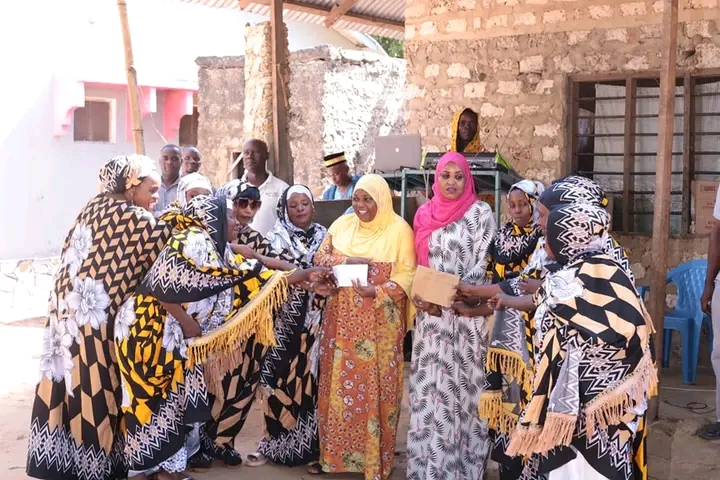 Marigiza Women Group. Photo: Mishi Gongo, EV.
Marigiza Women Group. Photo: Mishi Gongo, EV.
Although Nzonago, a different chama from Vigurungani, has not yet received any tenders, they remain optimistic that they will be able to obtain them once they are made public.
"We have registered a company this year; we are yet to get a tender but hope to get one soon. At the moment we have bought tents and chairs that we rent out whenever there is an event such as football matches, weddings and political gatherings," she said.
She said in areas such as Kinango and Lunga Lunga women are greatly undermined by their partners. A majority of fathers did not educate their daughters because they were seen as assets rather than human beings.
"Most of us were married off as teenagers. But the empowerment programmes brought to the grassroots by the county government and NGOs have helped women," she said.
Wayzata Gazi Limited group was also awarded a tender of Sh3 million for a water project at Mwembe Kijembe village, Kinondo ward in Msambweni Sub County.
The group invited more women to enhance their chama to take advantage of the corporate, county, and national tender opportunities.
Kwale County Chief Officer Social Services and Talent Management Riziki Mwasoza said 20 women groups received tenders from the county government.
She explained that the women had been taken through money management programmes before they were awarded the funds.
"We did not want a case where women misuse the funds we have given them. We trained them on money management skills before giving them the funds," she said.
Meswale Hamadi an activist says more rural women are venturing into development projects.
"In the rural areas, land and even animals were mostly owned by men. Women had nothing and because of that many of them suffered exploitation, however, things have changed. Women have properties and also run their homes," she said.
Mwanauba Chemani of the Maelewano women's chama expressed her desire to implement more empowering initiatives at the grassroots level, where women can be trained in governance, business management, and marketing.
When asked how their husbands have received the enhancements, Chemani stated that her husband is an understanding and cooperative partner, while some women must hide their money to prevent it from being misused by their husbands.
"Some women have to hide the money from their husbands especially the ones who are alcohol addicts. But for me every time I receive money, we sit with my husband and discuss ways we can invest the funds, though that is not the case with some members whose husbands are addicts," she said.
Top Stories Today
